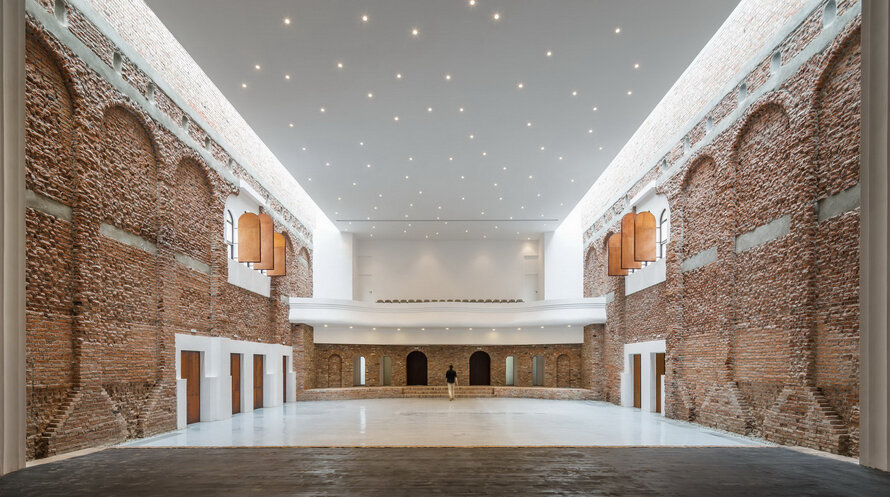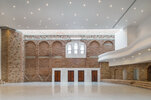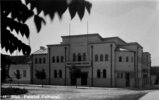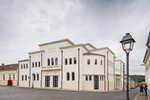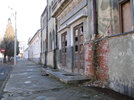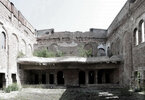Cultural Palace in Blaj, Transylvania region
The Cultural Palace, located in the historic centre of Blaj, Romania, was designed in the year 1930 by the Bucharest architect Victor Smigelschi, and its primary purpose was to host. (Transylvanian's Association for Romanian Literature and Romanian People's Culture (A.S.T.R.A.) ...
Read more
Project details
| Title: | Cultural Palace in Blaj, Transylvania region |
|---|---|
| Entr. year: | 2017 |
| Result: | Grand Prix |
| Country: | Romania |
| Town: | Blaj, Transylvania region |
| Category type: | building conservation |
| Building type/ Project type: | Building for cultural activities |
| Former use: | Cultural palace; As a ruin: Cultural Hall (1939-1969) and Cinema Hall (1969-1995) |
| Actual use: | Multifunctional Hall |
| Built: | 1930 |
| Architect / Proj.leader: | Vlad Sebastian Rusu, Architect |
| The Jury's citation: | “The municipality of Blaj has successfully evoked the lost architecture of this ruined historic building with minimal interventions. They have solely used the remains of the existing fabric without demolitions and with the addition of only the most essential facilities and structural elements”. “The vivid social participation the building has encouraged and the important social and economic impact it has had on the local community. It sets a national precedent and is an excellent example of what can be achieved with modern ruins”. |
Description:
The Cultural Palace, located in the historic centre of Blaj, Romania, was designed in the year 1930 by the Bucharest architect Victor Smigelschi, and its primary purpose was to host. (Transylvanian's Association for Romanian Literature and Romanian People's Culture (A.S.T.R.A.) events. The first changes to the original design were to building’s main hall and these were made in the early 1960’s to accommodate a new function as the city’s cinema. In the winter of 1995 a significant fire burnt down most of the building, severely damaging the roof and the interior space of the main hall. It remained a ruin until 2012, when the municipality initiated a project for the rehabilitation and refunctionalization of the Palace. The building would be redesigned to incorporate a flexible multipurpose hall, which could be lit both artificially and by daylight, and which could host a wide variety of cultural events such as concerts, galas, theatre plays, conferences, exhibitions etc.
Similar projects
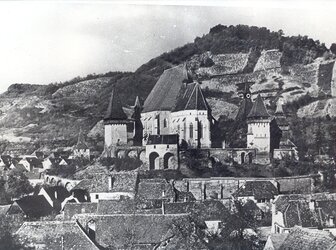
15th century
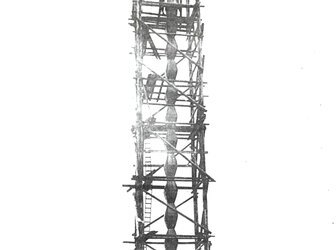
1937-1938
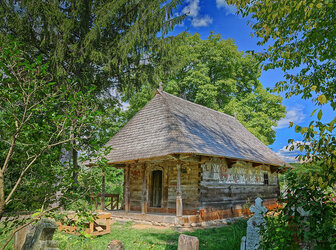
1757 - 1784
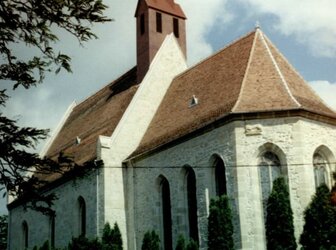
10th-11th century
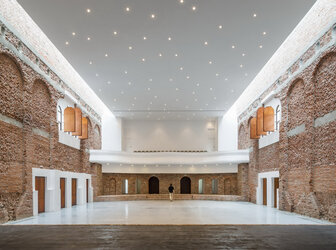
1930
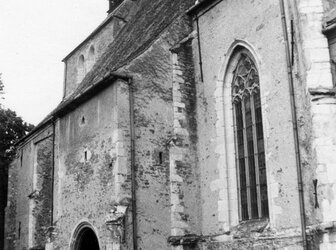
13th-14th century
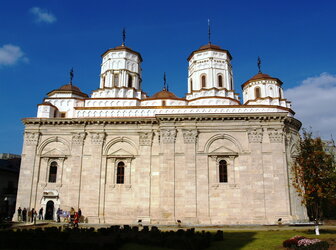
17th century
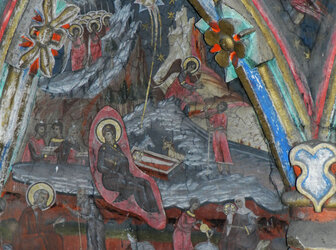
17th century
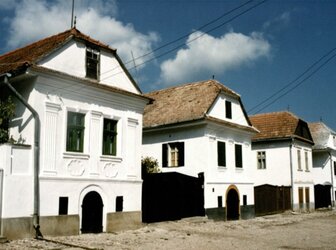
18th-19th century
